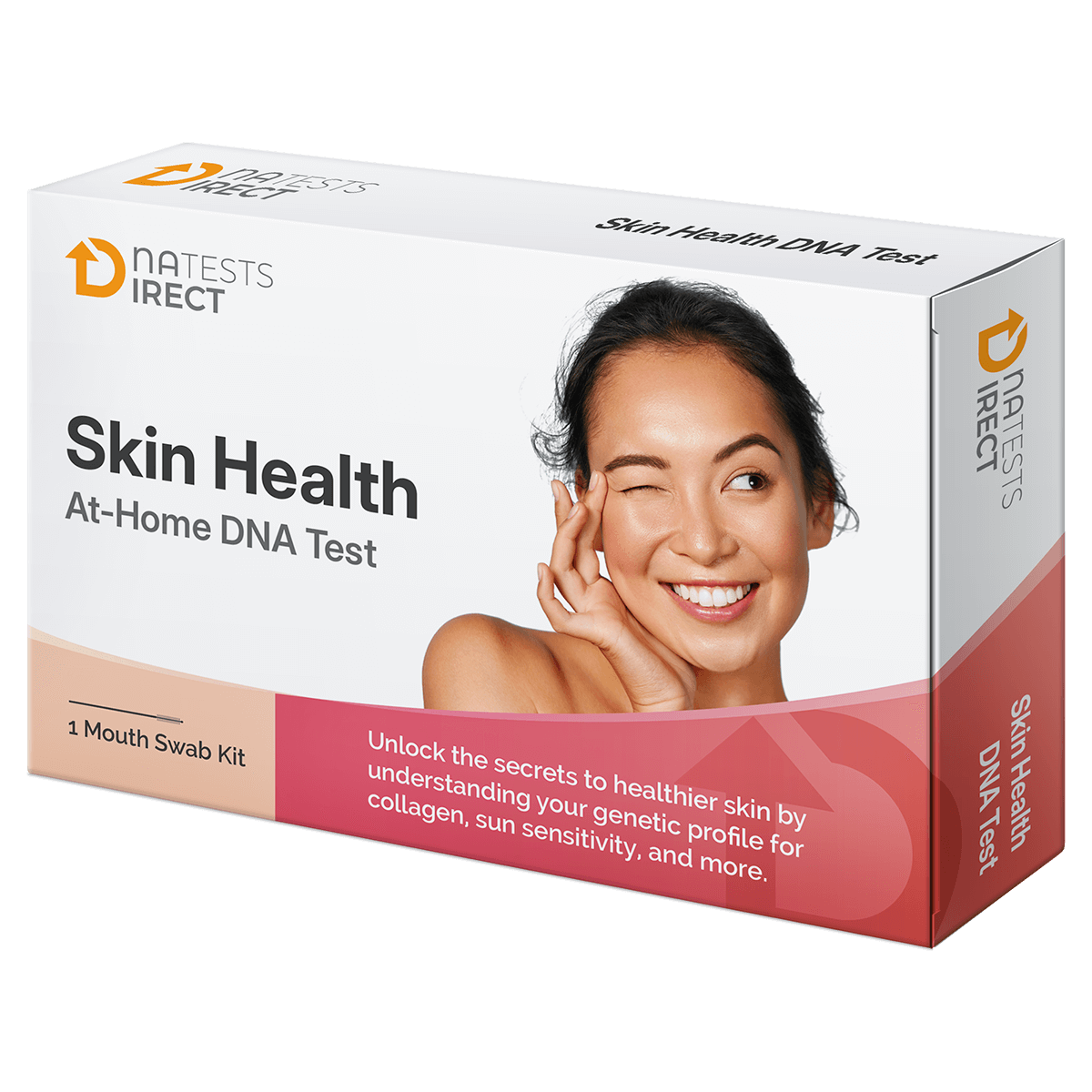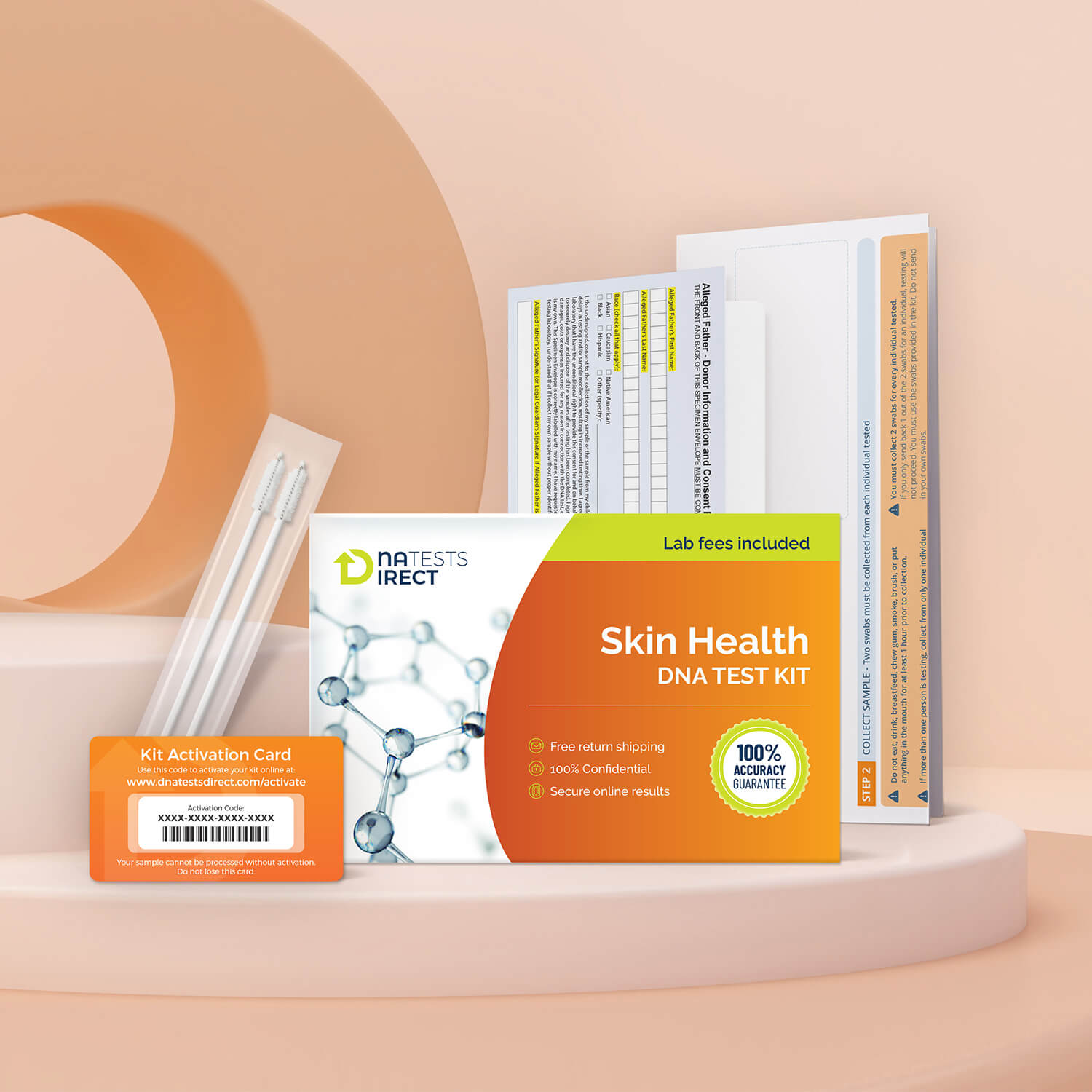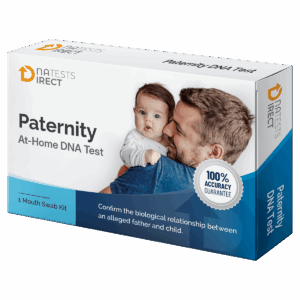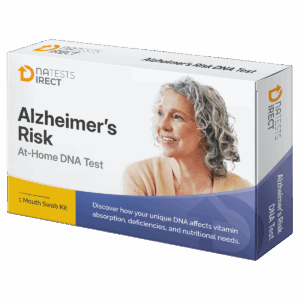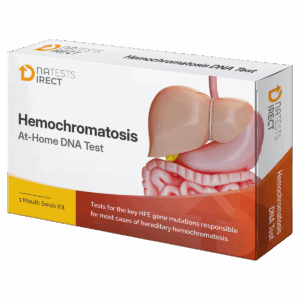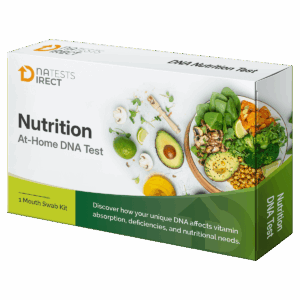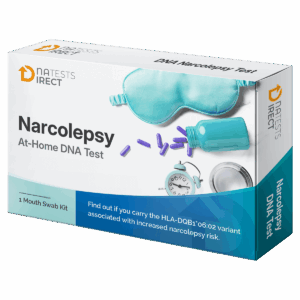Skin Health DNA Test
$249
Optimizing your skin care
Everyone has unique skin, which means we should all have unique skin care routines. Your genes influence your skin health and appearance. Understand your genes, so you can choose the perfect skin care routine right for you.
- Personalized Skincare Blueprint: Uncover your genetic predispositions to common skin conditions and sensitivities.
- Target Your Concerns: Understand your genetic predispositions for collagen breakdown, cellulite, stretch marks, and tanning response.
- Scientific Self-Care: Learn about your skin's genetic needs for glycation protection and defense against oxidative damage.
- A Deeper Look: Gain insights into your genetic likelihood for conditions like eczema, psoriasis, and rosacea.
How it Works

Order your DNA Kit
Place your order online, and we’ll send you a DNA test kit with everything you need to collect your samples.
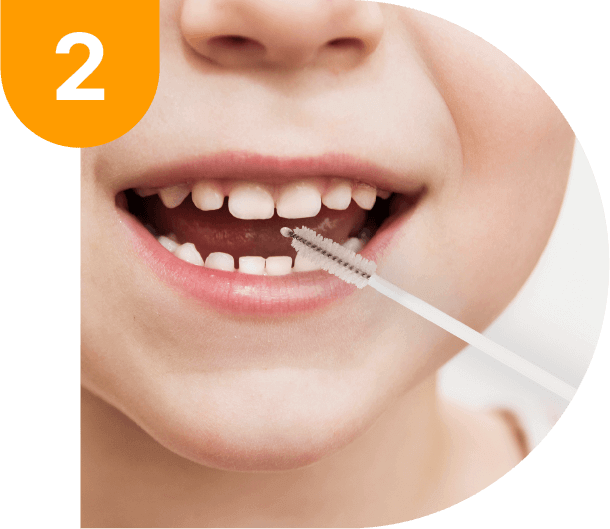
Collect DNA Samples
Follow the detailed, step-by-step instructions to collect DNA samples using the provided mouth swabs.
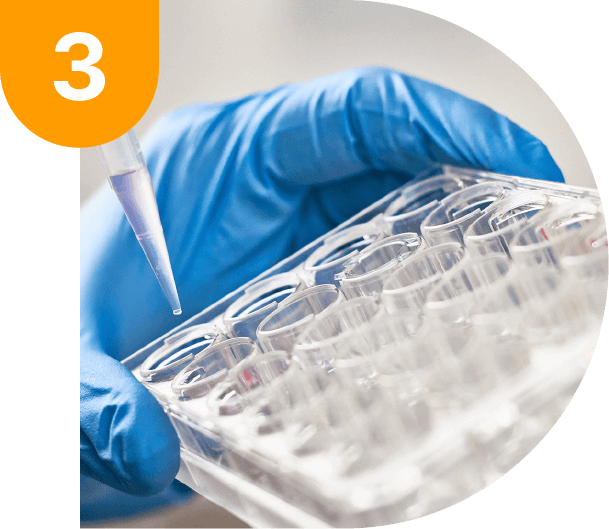
Lab Analysis
Use the provided return envelope to mail your DNA samples to our laboratory for analysis.

Receive Results
Download your results from your secure online account as soon as they’re ready.
What is included in this skin health test?
Signs of aging:
Skin changes are the most obvious sign of a person’s age. The first noticeable signs are fine lines and wrinkles. As we age, our skin loses its radiance and becomes more sensitive to sunlight. This is characterized by dull skin, increased dryness and the appearance of age spots. Later in life, as it loses its volume and elasticity skin can become saggy, while the eye area tends to become puffy. External factors contribute towards skin aging, including sun exposure, pollution, smoking, and poor nutrition. However, some of the causes of aging skin are inevitable. Harmful molecules such as AGEs and free radicals tend to accumulate, and our tissue synthesis slows down. Multiple genetic variants influence the internal factors that contribute towards skin aging.
Likelihood of skin disorders:
Skin disorders are common around the world. Some like eczema only cause temporary symptoms. It is common in babies and young children, but many grow out of the condition as they mature. Rosacea and psoriasis are examples of skin disorders that cause permanent lifelong symptoms. Both are characterized by flare ups interspersed with periods of healthy skin. Skin disorders can be triggered by exposure to particular foods or other environmental factors. However, there is also a genetic component to several skin disorders.
Skin Texture and appearance:
Some skin characteristics do not have any underlying health implications, but still affect the texture and appearance of skin. Cellulite, stretch marks and varicose veins are skin changes that affect women all over the world, but are less common in males. This is partly due to the physiological differences between males and females, particularly in fat distribution and hormonal differences. Known lifestyle factors contribute to these skin changes, including rapid weight changes, obesity and lack of exercise. Genetic variation also contributes towards the likelihood of these changes in skin texture and appearance.
Sun Sensitivity:
Genetic variation plays a big role in how likely an individual is to developing freckles, tanning, or getting sunburnt after only a short period in the sun. These variants influence the skin pigmentation and melanin pathways that determine skin, hair and eye color. Lighter coloring variants are more common in people of Caucasian ancestry and are associated with reduced melanin production, leading to a lower tanning ability, an increased likelihood of freckles, and an increased risk of sunburn. Excess sun exposure in individuals with these variants can also increase the risk of other complications (e.g. melanoma), as the skin has a decreased ability to protect itself from harmful UV rays.
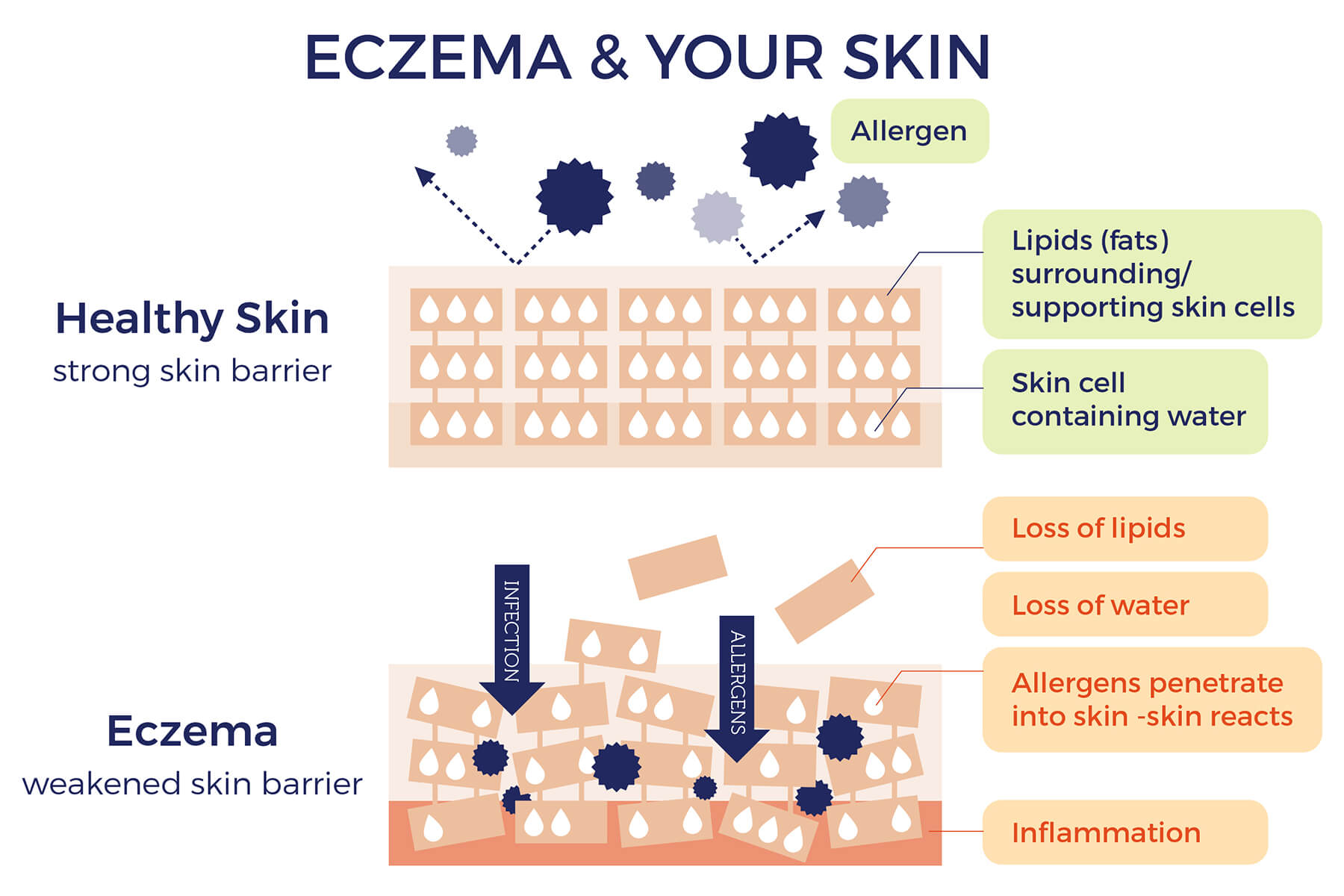
Genetic Variants Analyzed in This Test
This test examines key genetic variants that influence various aspects of skin health:
- Collagen Breakdown: MMP1 and MMP3 variants affect skin firmness and elasticity.
- Glycation Protection: GLO gene variants influence how your skin processes sugar, impacting premature aging.
- Oxidative Damage: GPX1 and NQO1 variants play a role in antioxidant defense against free radicals.
- Cellulite: ACE and HIF1A variants contribute to skin dimpling.
- Stretch Marks: ELN gene variants affect susceptibility to stretch marks.
- Varicose Veins: MTHFR variants influence vein health.
- Eczema: FLG variants are linked to this common inflammatory skin condition.
- Psoriasis: HLA-C, IL23R, MTHFR, and other genes are assessed for their role in psoriasis.
- Rosacea: HLA gene variants impact facial blood vessels and redness.
- Freckles: BNC2, ASIP, and IRF4 variants determine freckle formation.
- Tanning Response: TYR, ASIP, and MC1R variants influence skin pigmentation.
- Caucasian Tanning Variant: SLC45A2 affects tanning ability in fair-skinned individuals.
Understanding Your Results
Understanding your Skin DNA Test results can help you make informed decisions about your skincare routine. Your report will highlight genetic variations that influence factors like collagen production, hydration, antioxidant defense, and sensitivity to environmental stressors. For example, if you have a genetic predisposition to reduced collagen integrity, you may benefit from skincare products that boost collagen synthesis. Similarly, if your results indicate a tendency toward oxidative stress, incorporating antioxidants into your routine can help protect your skin from premature aging. While genetics play a key role, lifestyle choices such as diet, sun protection, and hydration also significantly impact skin health. Use your results as a guide to personalize your skincare and maintain a healthier, more resilient complexion.
Frequently Asked Questions
What is the purpose of the Skin Health DNA Test?
Your skin’s appearance is influenced by a combination of your genes, your diet, and the environment. This test analyzes a variety of genetic markers to provide insight into your skin’s predispositions, so you can personalize your skincare routine to match your unique genetic makeup.
Who would benefit from taking this test?
This test is for anyone who wants to move beyond generic skincare advice and adopt a more scientific approach to their routine. If you want to understand your skin’s natural tendencies regarding aging, sun sensitivity, or conditions like eczema, this test can provide a valuable blueprint.
What is the sample collection process like?
The process is quick and completely painless. You will use the provided mouth swabs to collect a sample of your cheek cells from the comfort of your own home. The kit contains detailed instructions to guide you through the simple collection.
Will this test tell me exactly which skincare products to use?
This test will not recommend specific brands, but it will reveal your skin’s genetic profile in areas like collagen breakdown and oxidative stress protection. This powerful knowledge allows you and your skincare professional to select ingredients and products that are best suited to your needs.
How can I use these results to improve my skincare?
You can use your results to make more informed and personalized choices about your skincare routine. For example, if you have a genetic predisposition to collagen breakdown, you might prioritize products with retinoids or vitamin C. If you are prone to oxidative damage, you would focus on antioxidants.
What kind of skin traits does this test cover?
This test covers a wide range of traits, including genetic predispositions for cellulite, stretch marks, varicose veins, and common skin conditions like eczema, psoriasis, and rosacea. 11It also looks at your skin’s tanning response and likelihood of developing freckles.
Is your testing facility reputable and accredited?
How will I receive my results?
How long does it take to get results?
Once your sample is received by our laboratory, processing usually takes 6-8 weeks. You will receive an email notification when your results are ready, and you can access your detailed report through a secure online portal.
Is the testing process confidential?
Yes, your confidentiality is guaranteed. From the discreet packaging of the test kit to the secure delivery of your results, we ensure your privacy is protected every step of the way.
